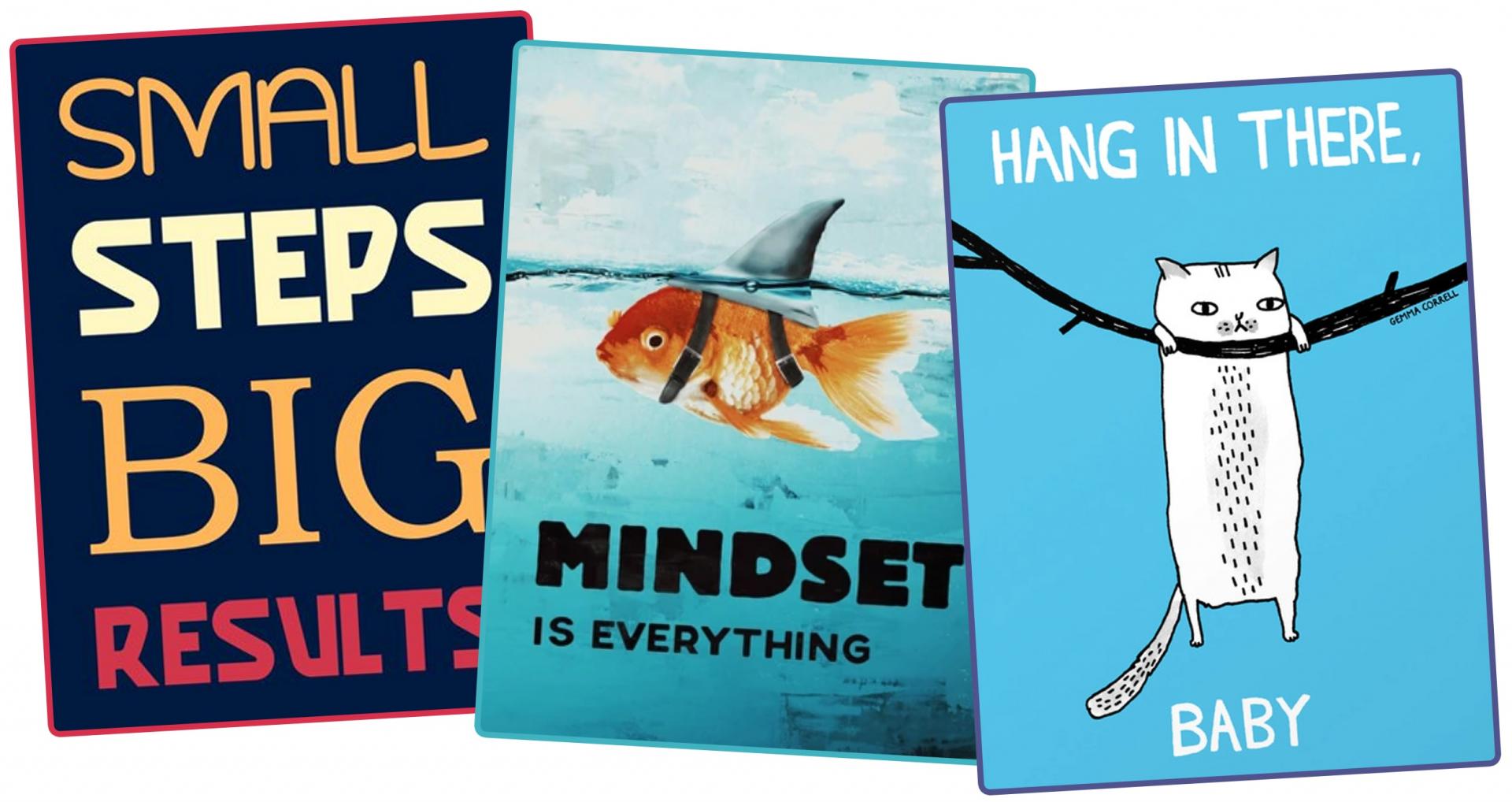Motivation Madness
It’s no secret that Western culture is obsessed with motivation.
In fact, the term ‘Motivational Quotes’ is searched over 800,000 times in Google each month.

Generally speaking, it is assumed that success, positive feelings and motivation are highly correlated.
“If you believe in yourself, you can accomplish anything!”
These words embody a commonly shared piece of folk wisdom in North America – prevalent both in-and-outside of the classroom.
But how exclusive is this sentiment?
Is the association between success and motivation an immutable 'one-way street' for humans … or is it just a cultural phenomenon?
In other words, are there instances when failure can boost motivation?
In my latest From Theory to Practice Video, I look at a classic piece of research that can help us answer that question:
Divergent Consequences of Success and Failure in Japan and North America (Steven J. Heine et al, 2001)
Here are some of the questions I tackle in this installment:
-
How great of an impact does culture have on our attitudes toward success and failure?
-
How might we as teachers begin to expand our mindset about student engagement and motivation?
-
What is ‘strength-based education’, and when might such a model be too one-dimensional?
Give it a watch, and let me know what you think in the YT comments section.
And, as always, if you find this video valuable, interesting and/or entertaining, you can support us by liking, sharing and subscribing to our YouTube channel ;)
Regards,

Video Transcript
Hello everybody, and welcome to this week's From Theory to Practice, where I take a look at the research so you don't have to.
The article I've selected this week is called Divergent Consequences of Success and Failure in Japan and North America by Steven Heine and colleagues.
Now, this paper hinges on a truism that you're probably familiar with, so see if this resonates with you: Success breeds confidence; confidence breeds motivation; therefore success breeds motivation.
This is a very common statement in the Learning Sciences, and for good reason. We tend to see this everywhere -- just look at American sports as an example.
Take the NFL, the most popular sports league in North America. Every year the two best teams face off in the Super Bowl -- one team wins and one team loses.
Now watch what happens the following season …
Click to view remainder of the transcript ...
Coming soon ...
Did You Enjoy This Post?
Help spread the idea by sharing it with your peers and colleagues ...

NOT ON THE LIST? Click below to join the LME Community ... and receive new Science of Learning articles from Dr. Jared Cooney Horvath every week!
You Might Also Like ...
Connect With Us
Copyright © 2022 LME Global – 6119 North Scottsdale Road, Scottsdale, AZ, 85250 – (702) 970-6557
Copyright © 2022 LME Global
6119 N Scottsdale Rd, Scottsdale, AZ, 85250
(702) 970-6557






